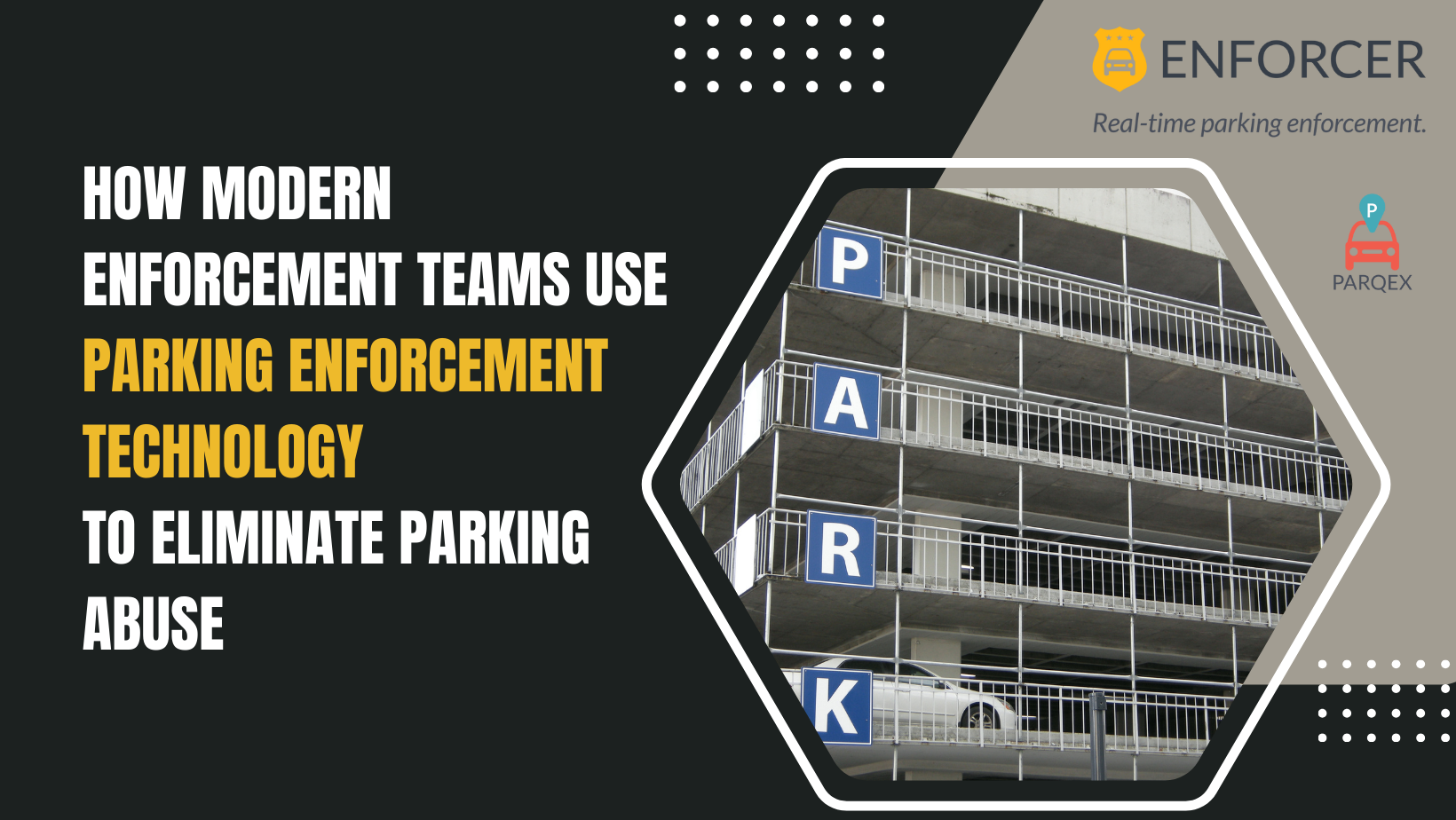Case Study: Enhancing Hospital Patient Access and Security With ParqEx’s Enforcement Solution
A hospital approached ParqEx, facing significant parking challenges impacting its staff operations and patient experience. The main issue was that employees were parking in patient-designated spaces near hospital buildings, causing congestion and limiting patient parking access. In addition, the hospital’s security team needed a method to manage both long-term patient parking and employee parking infractions, all without monetizing the parking facilities. Here’s how ParqEx’s technology provided an effective, streamlined solution that improved patient access, reduced complaints, and empowered the hospital’s security team with powerful enforcement tools. Continue reading our case study and discover how enhancing hospital patient access and security with ParqEx’s enforcement solution can fit your hospital’s needs!
The Challenge
- Patient Parking Shortage: Patient parking lots were located close to hospital buildings for ease of access. However, employees were often found parking in these designated areas, leading to a shortage of spaces for patients. This created inconvenience for patients and led to complaints as they struggled to find accessible parking during visits.
- Long-Term Patient Parking Monitoring: The hospital also required a way to verify if long-term patients were still on-site to ensure spaces were efficiently managed and available for active patients only.
- Lack of Parking Technology and Employee Vehicle Data: Before ParqEx, the hospital’s security team had no technology to track or manage parking violations. With no record of employee vehicle information, it was difficult to identify and address employees parking in-patient areas, and the team struggled to effectively enforce parking rules.
- No Monetization Requirement: The hospital’s focus was solely on parking management and enforcement to optimize patient access. They were not looking to monetize parking, so the solution needed to operate strictly as a management and enforcement tool without revenue generation.
The Solution: ParqEx’s LPR and Enforcement Platform
ParqEx’s License Plate Recognition (LPR) technology, combined with its Enforcer platform, provided the hospital with an efficient and automated way to address these issues. Here’s how ParqEx’s solution was implemented:
- Automated Employee Vehicle Tracking: ParqEx’s LPR system was configured to recognize and track employee vehicles parked in patient-designated lots automatically. This provided real-time monitoring capabilities, allowing the hospital’s security team to identify vehicles that were violating parking rules quickly.
- Customizable Notifications: The enforcement platform was set up to notify hospital security whenever an employee’s vehicle was detected in the patient parking area. The security team could then use the Enforcer app to log a violation, which triggered automated notifications (via email and SMS) to subscribed employees. Daily reports were also sent to the security team for a consolidated view of all parking activity.
- Three-Strike Warning System: ParqEx’s enforcement platform was tailored with custom citation and violation rules specifically for this hospital. After three documented parking violations, further action could be taken, including reporting the employee to HR, revoking parking privileges, or towing the vehicle. This escalation policy provided a structured deterrent for employees who repeatedly misused patient parking areas.
- Monitoring Long-Term Parking: Using ParqEx’s tools, the hospital security team could verify whether long-term patients were still in the hospital, allowing them to manage these spaces efficiently. This not only ensured that parking was available for current patients but also helped prevent unauthorized parking by employees or other non-patients.
Benefits of ParqEx’s Solution
1. Improved Patient Access and Satisfaction: By freeing up patient parking spaces, ParqEx’s solution enhanced parking availability and convenience for patients. This improvement led to a notable reduction in complaints about parking accessibility, as patients could now rely on open spots near the hospital building.
2. Increased Efficiency for Security Staff: ParqEx’s enforcement platform saved the security team significant time and effort by automating many aspects of enforcement. Notifications, daily reporting, and the structured warning system all contributed to a more manageable workload, allowing security staff to focus on broader security responsibilities.
3. Effective Parking Management without Monetization: ParqEx delivered a solution that didn’t require parking monetization. Instead, it provided a robust enforcement system that met the hospital’s needs for efficient, policy-driven parking management, empowering them to address specific challenges without any revenue requirements.
4. Support for Hospital Administration: ParqEx’s solution reduced the administrative burden of handling patient complaints about parking. By improving parking availability and implementing a clear, structured approach to enforcement, the hospital’s administration could focus on other operational areas, confident that parking was no longer a source of patient dissatisfaction.
Conclusion
ParqEx’s advanced LPR and Enforcer technology enabled this hospital to solve its parking challenges without monetizing parking. By providing a streamlined, automated solution for tracking employee vehicles, issuing violations, and ensuring patient access, ParqEx helped create a more efficient parking experience for both patients and staff. This case study highlights how ParqEx’s enforcement platform can be customized to support the specific operational needs of healthcare facilities, ultimately contributing to enhanced patient satisfaction and operational efficiency.
Thanks for reading our case study “Enhancing Hospital Patient Access and Security With ParqEx’s Enforcement Solution.” If you want more information or want to discuss this topic further, please book a demo with us today. We look forward to speaking with you.







